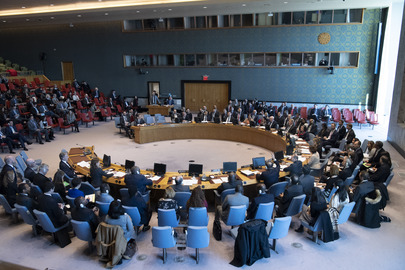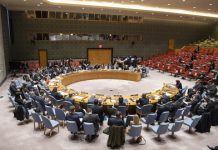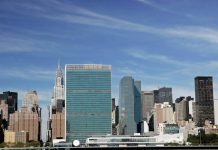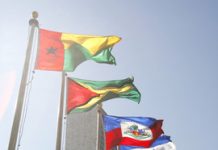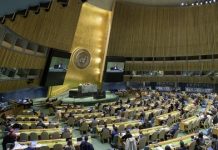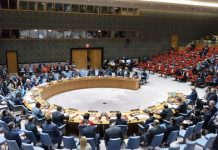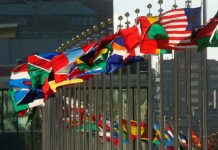Geir Pedersen has been meeting with French, German and Russian authorities, the UN reported on Monday, which includes engagement with Russian Deputy Foreign Minister Sergey Vershinin this past weekend.
During all of these discussions, Mr. Pedersen reiterated the relevance of the core principles of Security Council Resolution 2254 (2015), which calls for constitutional reform, free and fair elections, and a Syrian-led inclusive political process.
“His message remains consistent,” UN Associate Spokesperson Florencia Soto Niño-Martinez told journalists in New York.
She added that the Special Envoy also hopes to visit Syria early next year.
Insecurity on the ground
Meanwhile, humanitarians report that hostilities and insecurity continued to persist across Syria over the past week, including in Aleppo, Homs, Hama, Latakia, Tartous, Rural Damascus, Deir-ez-Zor and Quneitra governorates.
“Due to the tense security situation, humanitarian operations remain suspended in several areas,” said Ms. Soto Niño-Martinez.
Moreover, hostilities were reported in Deir-ez-Zor on Friday, approximately one kilometre from the UN offices there.
Food assistance
In an update on the humanitarian response, the UN reported that over 1.7 million people across Syria received bread assistance during the past month. A total of 265,109 people were provided with other food assistance, including ready-to-eat rations, hot and fresh meals, and food baskets.
While schools have reopened across most governorates, the volatile security situation continues to affect children’s school attendance in rural Hama, rural Quneitra, Latakia, and Tartous.
Supporting Lebanese returnees
The UN and partners also continue to provide support in neighbouring Lebanon as displaced people return to their homes.
More than 800,000 have returned to their areas of origin since the cessation of hostilities was announced on 27 November, according to the International Organization for Migration (IOM).
More than 160,000 people remain displaced however, while the situation remains fluid.
Severe challenges persist due to devastated infrastructure, disrupted essential services, and ongoing security concerns, humanitarians said.
In many cases, families attempting to return remain internally displaced within or near their communities as their homes have been destroyed or severely damaged.
Additionally, more than 60 villages in southern Lebanon remain in areas where the Israeli Army is warning residents not to return.
Source of original article: United Nations (news.un.org). Photo credit: UN. The content of this article does not necessarily reflect the views or opinion of Global Diaspora News (www.globaldiasporanews.net).
To submit your press release: (https://www.globaldiasporanews.com/pr).
To advertise on Global Diaspora News: (www.globaldiasporanews.com/ads).
Sign up to Global Diaspora News newsletter (https://www.globaldiasporanews.com/newsletter/) to start receiving updates and opportunities directly in your email inbox for free.


